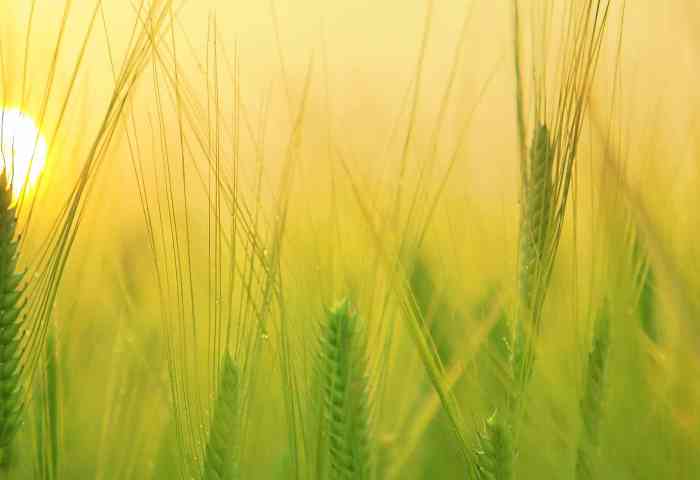Get started with Mizzou
Apply hereMaster of science
Agriculture isn’t just a segment of the U.S. economy. Instead, it functions as a backbone, beginning with farms, which depend on natural resources and directly influence industries from food and beverage to apparel. Within this expansive scope, agriculture accounts for about 6% of the nation’s gross domestic product and employs approximately one in 10 Americans, according to U.S. Department of Agriculture data.
At the same time, technological advancements and sustainability continue to shape the field’s direction. As a result of these ongoing developments, farms carefully monitor their land and water usage — and might even shift to more regenerative practices. Workers, meanwhile, need more than their hands and grit to operate equipment. These changes trickle down to the education delivered in school, government and business contexts and how the industry promotes itself to attract workers and influence public perception.
Mizzou's master of science in agricultural leadership, communication and education program positions you to orchestrate these efforts. Offered through the Innovative Digital Education Alliance (IDEA), this customizable degree program explores the present overlap between agriculture, forestry, food and other industries and prepares to amplify the sector.
Based on your background and interests, this approach leads to a broad spectrum of outcomes — from developing or teaching agriculture, extension or adult education programs in formal or informal settings to leading industry research, public relations campaigns or sales teams.
About the online master's in agricultural leadership, communication and education program
Steady growth across the agricultural sector has translated to varied career opportunities. These include leading businesses and government organizations, pioneering and promoting new advancements, equipping tomorrow’s professionals with the right skills and encouraging natural resource conservation.
Mizzou's flexible program serves as a stepping stone to three types of roles that steer the industry’s future and its relationships with related sectors: education, leadership and research. Toward these paths, students select from courses taught by agriculture education experts at Mizzou or a partnering IDEA institution and get exposure to the following:
- The wide-reaching effects of agriculture on society and the global economy
- Designing educational programs and professional development opportunities, including assessment, implementation, teaching and learning practices
- Social sciences research to preserve our natural world and feed tomorrow’s communities
- Organizational leadership, administration and communication strategies for managing, mentoring and upskilling interdisciplinary teams
- Policy development and promotional tactics to connect industry or company messages with a range of audiences
- How leaders, educators and researchers contribute to the industry’s progress
Quick facts
Official name
Master of Science in Agricultural Leadership, Communication and EducationCampus
Program type
Master's degreeAcademic home
College of Agriculture, Food & Natural Resources | Division of Applied Social SciencesDelivery mode
100% onlineAccreditation
Higher Learning CommissionCredit hours
30Estimated cost
$18,660.00*This cost is for illustrative purposes only. Your hours and costs will differ, depending on your transfer hours, your course choices and your academic progress. See more about tuition and financial aid.
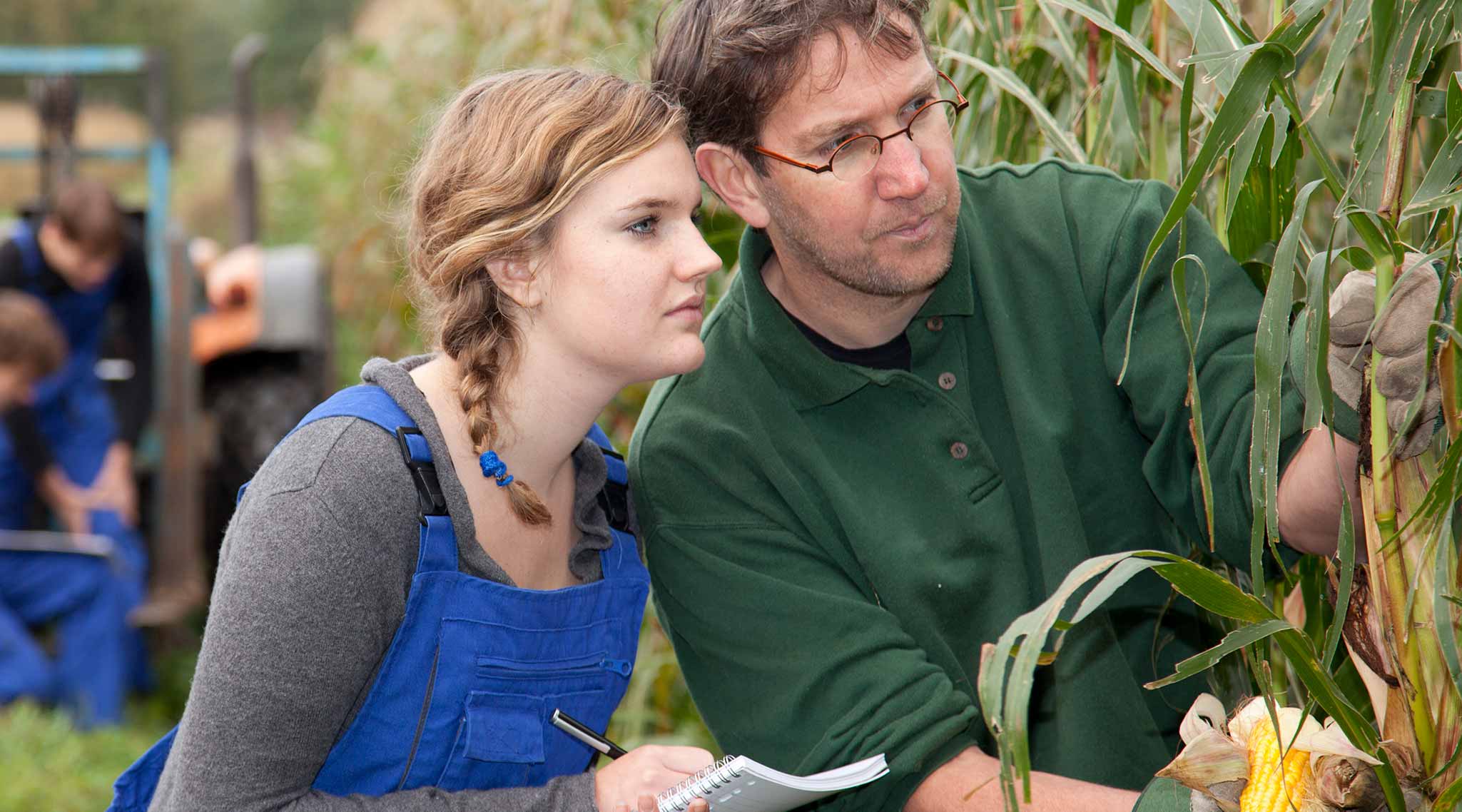
Career prospects
Career prospects
You’ve gotten a firsthand look at the wider impact of agriculture — whether as an industry professional, an aspiring educator or a resident of America’s Breadbasket. As you think about entering or advancing in the field, the online master’s in agricultural leadership, communication and education program gives you the tools to define your niche and drive awareness through your specific channel.
Multiple professionals benefit from its flexible structure: graduates holding a bachelor of science in agriculture education aiming to earn their initial teaching credential for instructing secondary-level students, as well as industry and government workers interested in developing workforce training programs, marketing campaigns, partnerships or community outreach.
Potential job titles include:
- Classroom teacher
- Communications or public relations professional
- Curriculum developer
- Extension educator
- Outreach coordinator
- Professional development specialist
- Program manager
- Sales associate
Program structure
The online master’s in agricultural leadership, communication and education program requires a minimum of 30 credit hours. Its customizable nature affords students a high degree of flexibility in selecting courses and fulfilling requirements.
For a general framework, students base their studies around one of three formats:
Creative component option: Focus on teaching high school students or adults, from developing curricula to introducing programs and policies championing agriculture education.
Creative component with teacher certification option: This structure paves the way to initial teacher certification at the secondary level in Missouri for those holding a bachelor’s in agriculture education or a similar discipline.
Thesis option: Plan to propel farming technologies, food science and natural resource conservation efforts forward through advanced studies in social science research.
Then, courses available through Mizzou, as well as California State University-Chico, Kansas State University, North Carolina State University, North Dakota State University, Oklahoma State University, Texas Tech University and the University of Arkansas, explore the following subject areas: the foundations of agricultural education, social science research methods, the principles of teaching and learning, and program planning and evaluation.
Across all schools, delivery of this program is 100% online, and no campus visits are required.
Courses are semester-based. However, start and finish dates vary based on the university teaching the course that semester. Students typically take two classes each semester session and finish the program in less than three years.
Course work covers
This online master’s program introduces students to the following concepts in relation to the agriculture industry:
- Leadership theory
- Advanced teaching methods
- Evaluating educational programs
- Research methods and design
- Technical communication
- Adult education
Delivery
100% onlineCalendar system
Semester-basedTypical program length
Less than 3 yearsTypical course load
2 classes per semesterAccreditation
The University of Missouri is accredited by the Higher Learning Commission, one of six regional institutional accreditors in the United States.
Innovative Digital Education Alliance (IDEA)
IDEA is a consortium of 20 renowned public universities from across the United States, offering online degree and certificate programs in human sciences and agriculture. Students apply to and are admitted by one university, enroll in all of their courses through that university and graduate from that university. However, the online courses are taught by faculty in the discipline from several universities.
Faculty spotlight
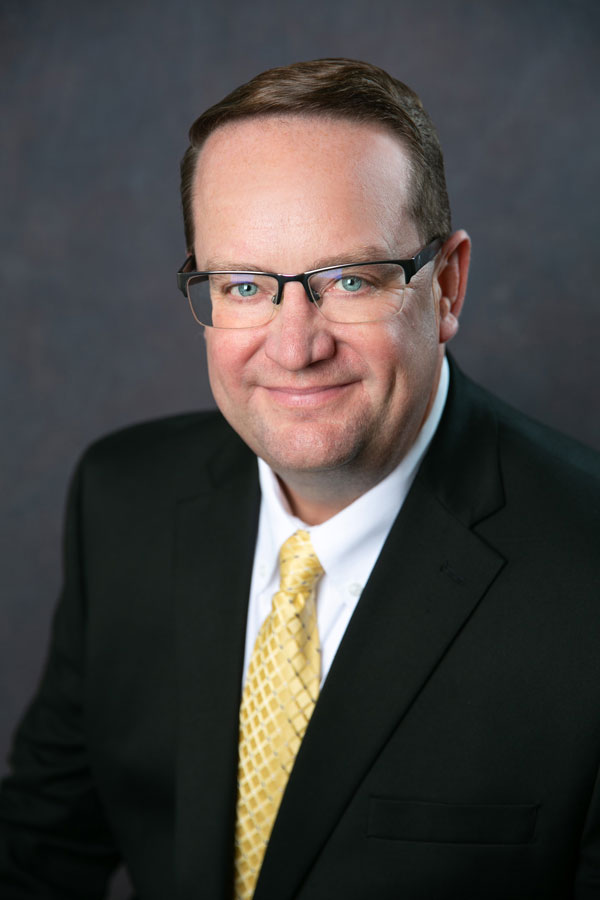
Jon Simonsen is a professor in the Division of Applied Social Sciences and serves as the program chair for agricultural education. Dr. Simonsen’s areas of teaching include leadership, methods of teaching and teacher preparation. His research focuses on the teaching and learning within leadership education. Dr. Simonsen earned a doctorate in agricultural and extension education from The Ohio State University.
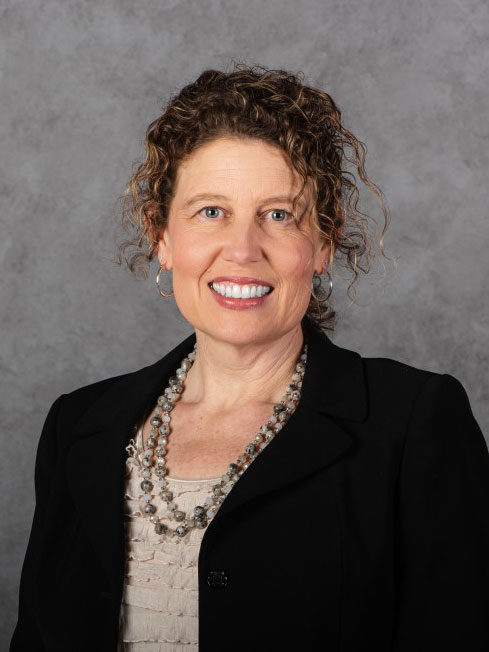
Rebecca Mott is an assistant professor in the Division of Applied Social Sciences and serves as director of graduate studies in agricultural education. Dr. Mott’s areas of teaching include qualitative research methods, program development and evaluation and youth leadership development.
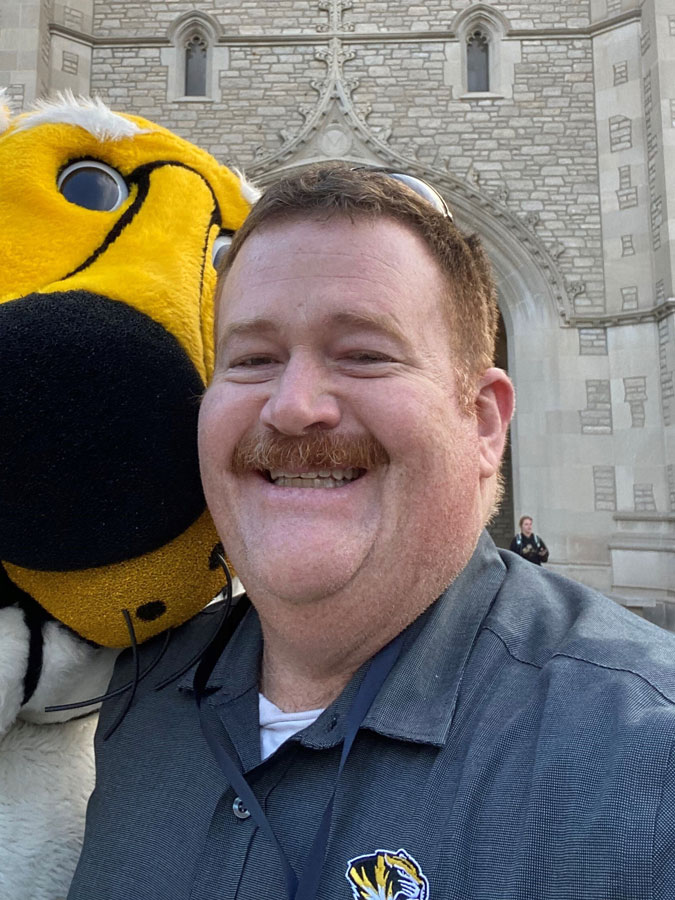
Jon Tummons is an associate professor in the Division of Applied Social Sciences and serves as the director of undergraduate studies for agricultural education. Dr. Tummons teaches classes in social science research methods, methods of teaching, laboratory management, program management, teacher professional development and leadership. His research focuses on mentoring interns and early-career agriculture professionals. Dr. Simonsen earned a doctorate in agricultural education from the University of Missouri.
